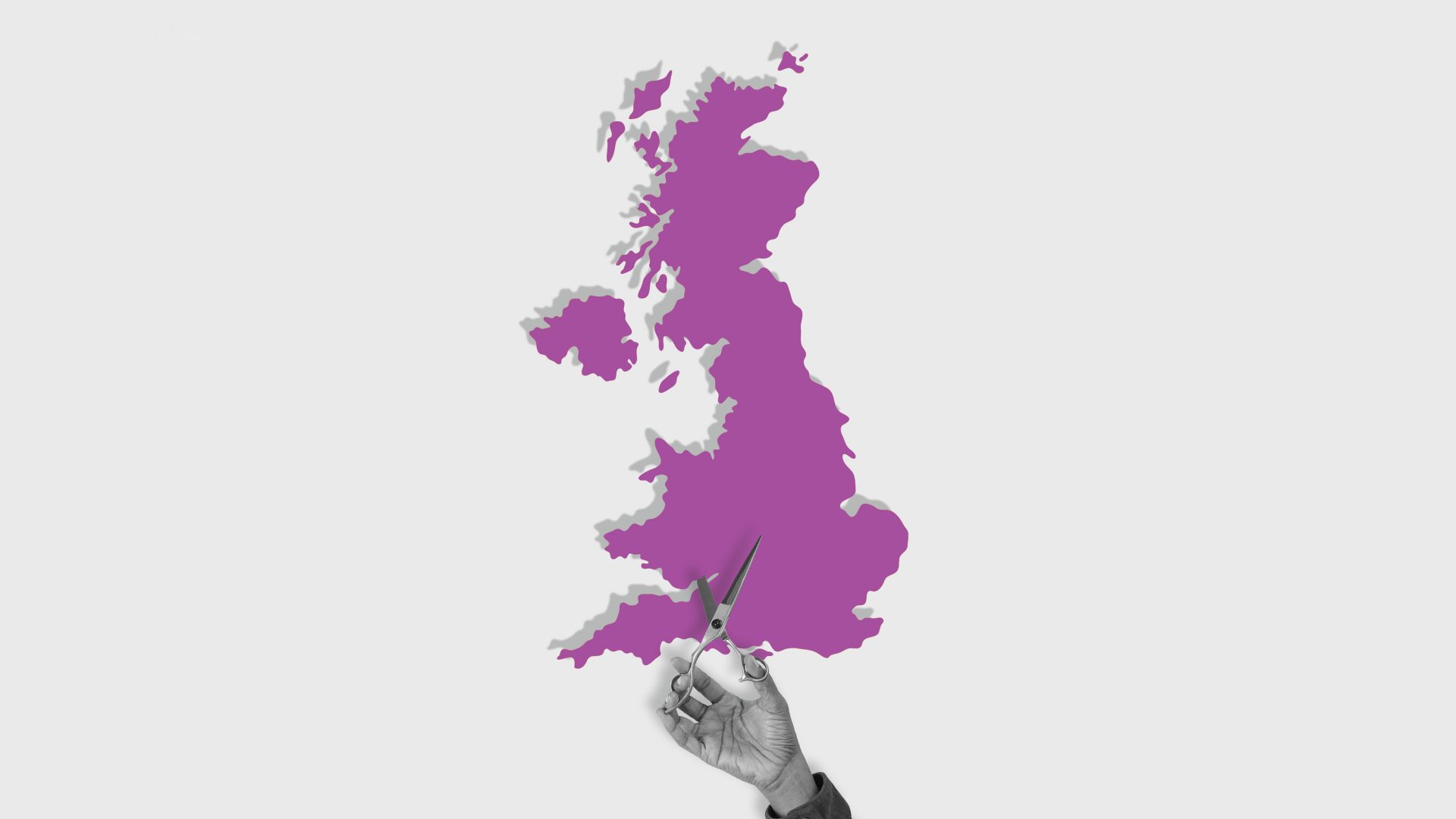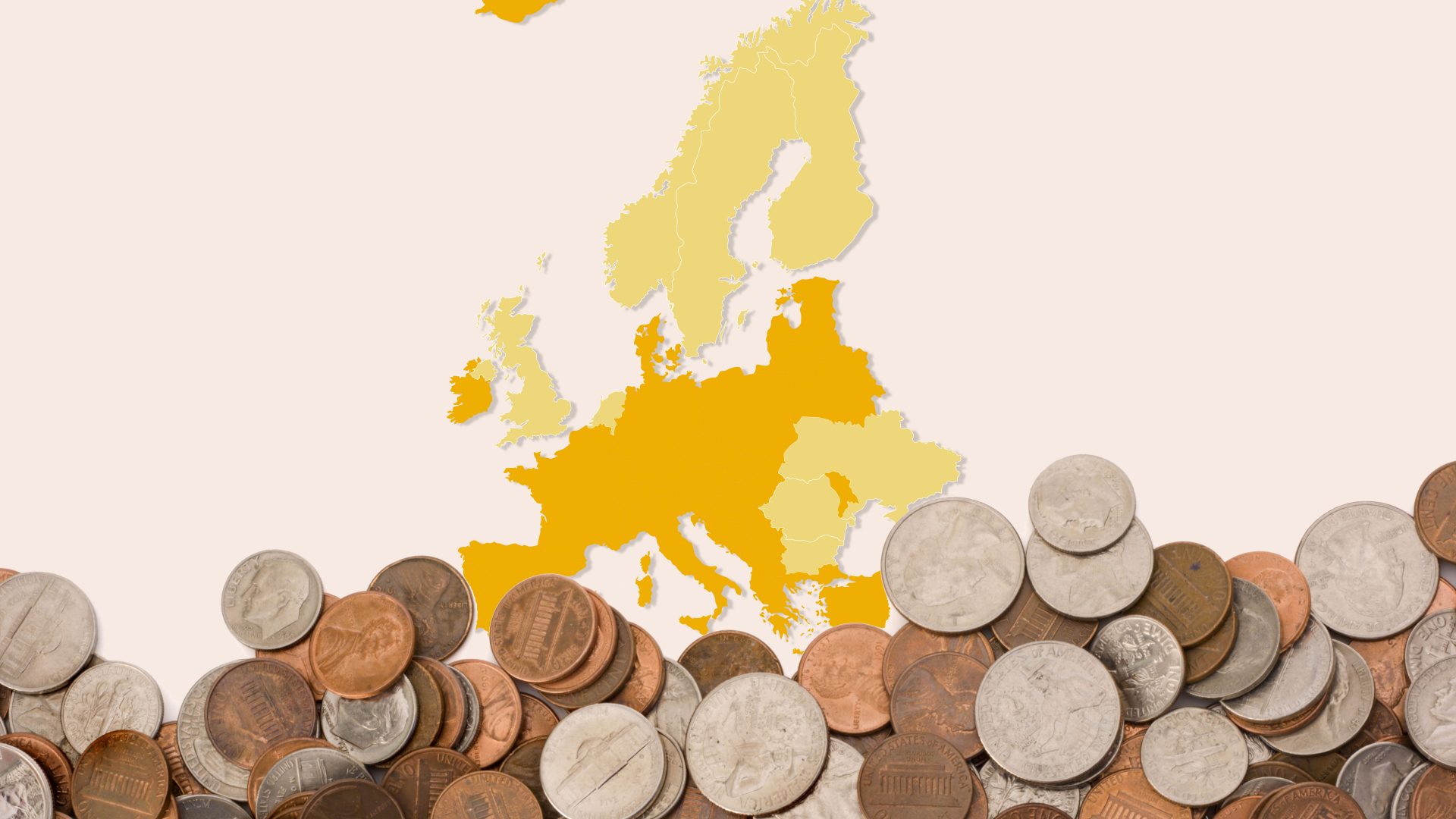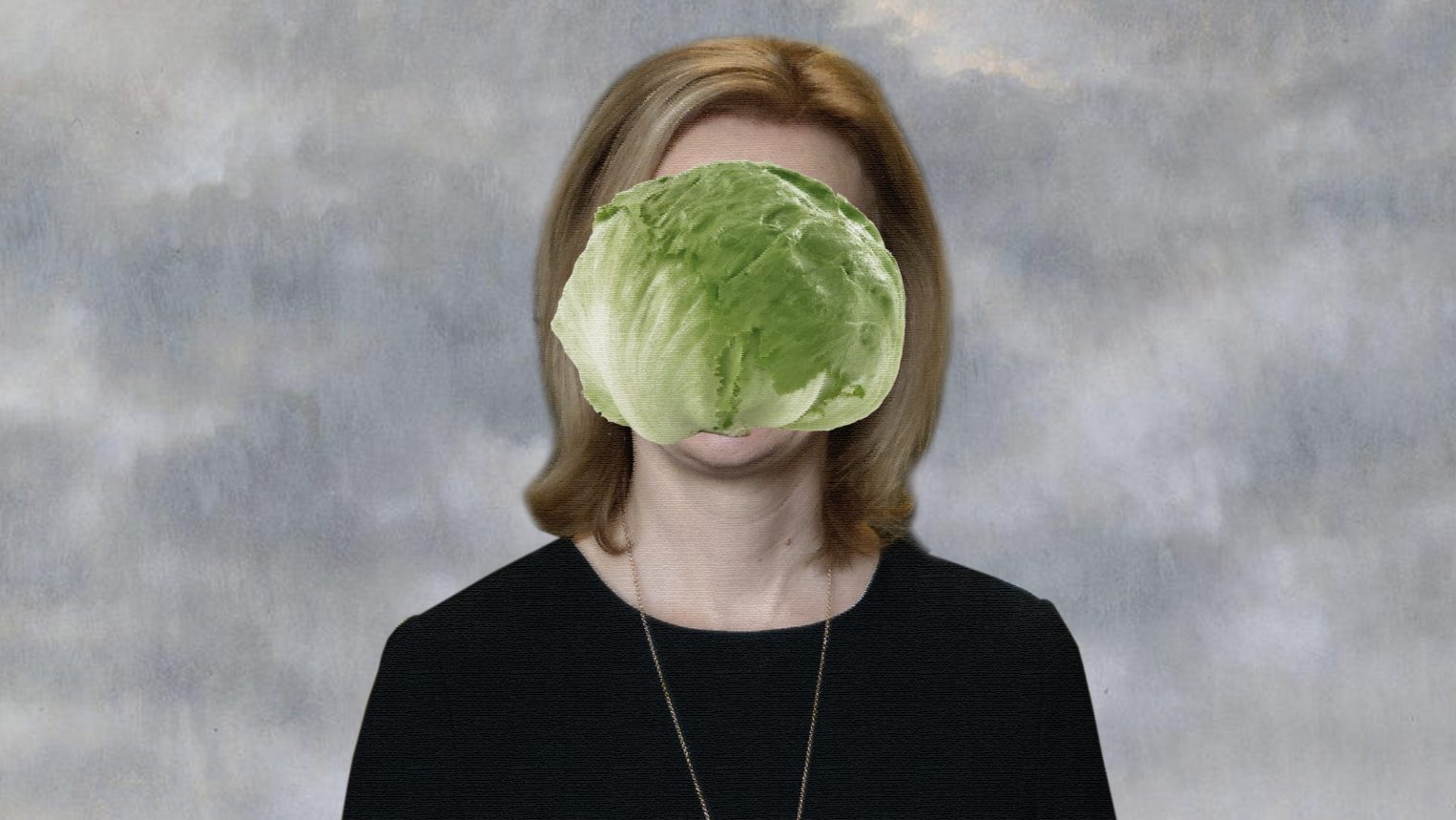Javid, Sunak, Zahawi, Kwarteng, Hunt… that’s a list of chancellors who’ve been ground up and squeezed out of the political mincing machine since 2019 – the last four of them in just four months.
And with each change, a posse of junior ministers gets dragged out of the Treasury behind them. Chris Philp: gone as chief secretary. Simon Clarke, his predecessor and Steve Barclay before him: both scattered to lesser offices of state. As for the two chief secretaries before them? One was Sunak, the other Liz Truss herself.
So what we’re seeing in this crisis is not just the collapse of UK fiscal credibility. It’s the evisceration of a cadre of Tories capable of doing the job.
And there’s an existential reason why. Each of these politicians has tried to make Brexit work and it will not work. Theresa May tried soft Brexit plus austerity. Boris Johnson tried hard Brexit plus fiscal expansion. Truss tried hard Brexit plus fiscal expansion. As I write this, with the helicopters buzzing over a frenzied Whitehall, only the austerity part is certain. Being chancellor is hard.
Being chief secretary is even harder, because you’re the enforcer with your own side: the person whose hand actually signs off public spending, and whose spreadsheets keep the state pension system solvent. So the Tory debacle is systematically scouring out the talent from Britain’s political class.
You can wing it as an amateur at Defra. You can Tweet, like home secretary Suella Braverman, sarky comments against police officers trying to do their jobs. Or, like Boris Johnson while PM, you can simply lie. But in monetary and fiscal policy, command of detail and communicative restraint matter, because you are dealing with immovable reality.
To restore Britain’s fiscal credibility, the Tories will now be required to do the very thing they don’t believe in: raise taxes and most probably cut spending massively – including on policing and defence.
Even as Hunt delivered his total U-turn, the masthead on the Conservative Party Twitter account said “cutting taxes is the right thing to do morally and economically” – a direct quote from Truss herself. Conservatism ended up in this moral and economic space because all its other options for making Brexit work were tried.
Less than four weeks ago the Tufton Street gurus of free-market economics were being hailed as visionaries for designing this “laboratory experiment” in neo-Thatcherism. Now it’s over, how will Tory finance ministers justify to themselves, their advisers, their civil servants, a programme they do not believe in?
The magnitude of the Tory debacle, therefore, does not lie simply in the damage it has done to the public finances, or the damage it will bequeath to a Labour government. It lies in the ideological dead end the party has reached.
The moment has been a long time coming. David Cameron and George Osborne inflicted austerity on a scale that, in its first two years, plunged the economy into stagnation. Only the Bank of England issuing money to the tune of hundreds of billions limited the damage.
Johnson and May, each grappling with the post-Brexit reality of falling trade, flatlining investment, and then Covid-19, ended up borrowing on a massive scale – secure in the knowledge that a country with a sovereign currency cannot go bust, and that all other countries were being forced to borrow.
Rishi Sunak, like the proverbial dieter bingeing on doughnuts, pledged that once the cravings were over, he too would deliver lower taxes and a smaller state – even as he borrowed more in a year than John McDonnell had promised to over five years.
Now the small state is proven a chimera, the Conservatives face a moment of ideological reckoning.
Out of the wreckage of conservatism must now crawl a new cadre of politicians who believe in fiscal realism.
Brexit has created an economy that cannot pay its way. As trade falls on all measures, the current account deficit has ballooned above 8% of GDP. That leaves UK government borrowing reliant – as former Bank governor Mark Carney put it – on “the kindness of strangers”. Growth is stagnant because investment has stagnated since 2016. And though the pound has lost nearly a third of its value since Brexit, the etiolated structure of the economy means there is no upside in terms of exports.
So the strategic choice facing those who will pick up the pieces is not small state/big state. It is the reversal of Brexit – at least to the extent that we begin to attract long-term business investment; and that our current account deficit reverses; and the government’s cost of borrowing comes down to sustainable levels.
What’s striking, as we watch the Tories flounder, is how un-conservative they became. The philosopher Michael Oakeshott once defined the conservative ethos as the ability to “keep afloat on an even keel… seamanship consists in using the resources of a traditional manner of behaviour in order to make a friend of every hostile occasion.”
The traditional manner of behaviour – drilled into every junior official at the Treasury, every economics undergraduate, every nerd in a bow-tie at the Oxford Union – is to balance the country’s books and instil confidence.
Instead – to switch metaphors – a whole generation of Tories in early middle age have leapt over the parapet of the trench to get mown down by the markets. Hopefully we will not see their like again.




